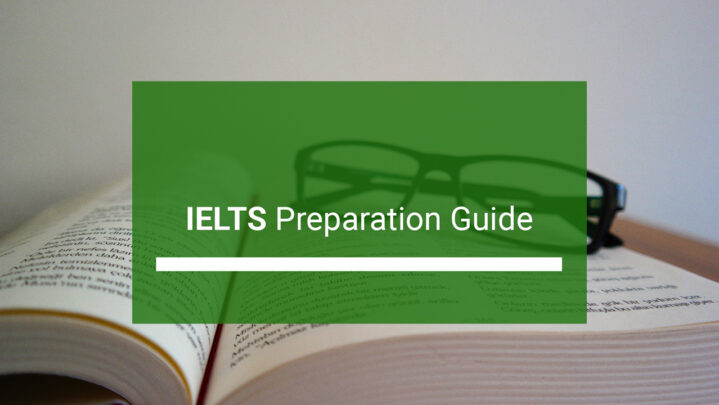These ideas can help you pass the IELTS exam in one sitting if you are an IELTS candidate.
1. Be familiar with the test format.
Before taking any test, it’s critical that you thoroughly understand the format of the test. The four components of the IELTS are reading, writing, listening, and speaking. In 2 hours 45 minutes, a candidate must demonstrate proficiency in all four domains. Each test has the following time limit:
Sections of the test and their duration
30 minutes of listening
60 minutes of reading
60 minutes of writing
11 to 14 minutes of speaking
In one day, the hearing, reading, and writing tests will be completed. The speaking test will take place one week before or after the other three.
2. Put in as much practice time as possible.
“As the saying goes, “practice makes perfect,” and the IELTS exam is no exception. You must plan and practise regularly if you want to pass IELTS in one sitting. To improve your listening skills, you must be patient and understand each word as it is stated. Your reading skills will improve with practice. Read aloud to enhance your pronunciation. Write essays about topics that you care about. Don’t worry about your grammar; instead, focus on writing swiftly and without halting because every second counts. Make eye contact with people you don’t know and practise speaking English in front of a mirror. Fluency does not come easily, so keep practising until you have it.
3. Don’t write excessively.
Keep in mind when studying for the writing test that you shouldn’t write too much, even if you have lots of ideas running through your head. The most important thing about the IELTS test is time management, and you should always remember that you must finish on time. Writing a 300-word essay instead of a 400-word essay with repeating lines and misinterpreted sentences is far better.
4. Vocabulary proficiency
Concentrate on your speaking fluency because that is how you will be judged. You may find yourself stammering and bewildered in the middle of a conversation if you focus too much on the vocabulary. Instead of being scared, try to keep the conversation going.
Also Read: IELTS Vs TOEFL: Know The Difference





